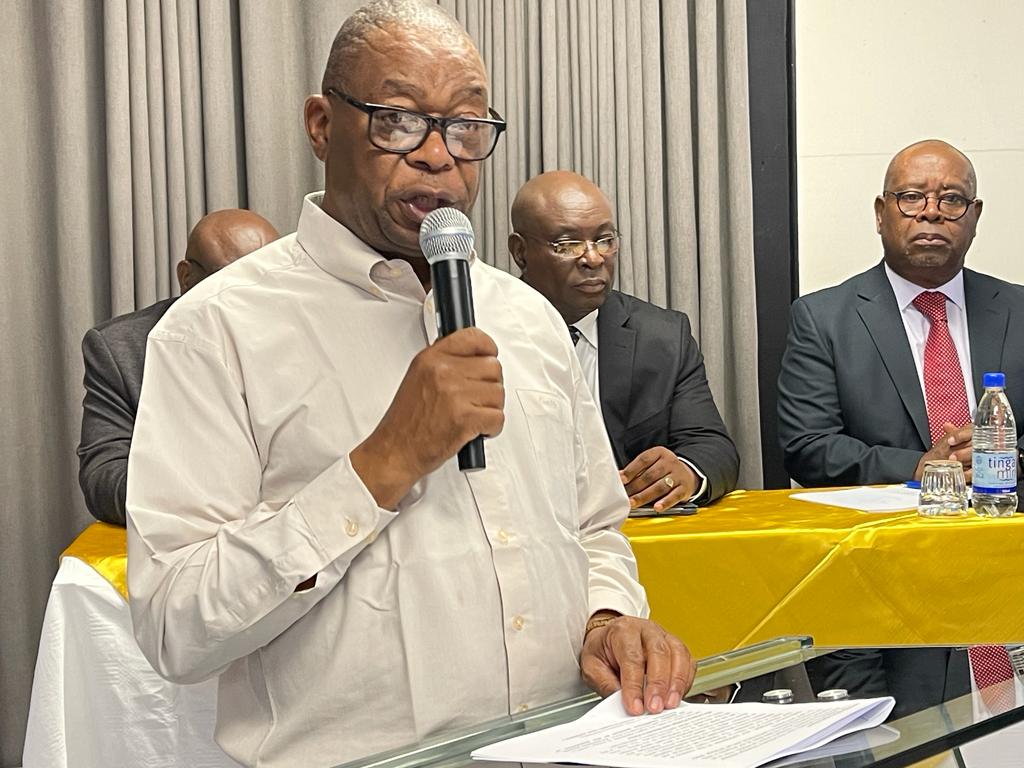The meeting brings together health ministers and regional experts to assess progress, exchange insights, and strengthen strategies aimed at addressing critical health challenges, particularly in the fight against HIV/AIDS.
In his opening remarks at the meeting yesterday, Dr. Mombeshora emphasised Zimbabwe’s dedication to addressing health challenges that affect both the nation and the broader SADC region.
“This meeting provides a unique opportunity for us to showcase the progress we have made in healthcare service delivery, including HIV prevention, treatment, and care. It also allows us to share successes, lessons learnt, and strategies to improve health outcomes for our citizens,” he stated.
Dr. Mombeshora called upon all SADC health ministers to reflect on the opportunities and challenges facing the region, particularly in light of ongoing global health threats.
He underscored the need for collaboration, pooling expertise, and mobilising resources to accelerate progress towards achieving universal health coverage.
"The critical issues discussed here today (yesterday)—particularly in relation to HIV and AIDS—demand urgent and coordinated action. Your guidance and insights are essential as we navigate the complexities of the healthcare landscape in our region,” Dr. Mombeshora stated.
The session is dedicated to prioritising regional responses to health service provision, leveraging the collective wisdom of member states to drive impactful, tangible results.
With a particular emphasis on strengthening public health systems and enhancing access to treatment and care, the meeting reaffirms SADC’s commitment to universal health coverage and sustainable health development.
As deliberations continue, participants will focus on strategies to bolster healthcare systems and address disparities, with a special emphasis on reducing HIV prevalence and combating other infectious diseases.
The SADC region remains among the most heavily affected by the HIV epidemic globally, and the collective efforts of its member states are seen as vital in meeting international health goals, including those outlined in the 2030 Agenda for Sustainable Development.
Meanwhile, the meeting also serves as a critical platform for SADC countries to reaffirm their shared commitment to improving public health and ensuring that healthcare services remain accessible to all, regardless of socio-economic standing.
The outcomes of this meeting are expected to shape the region’s health policy and inform strategies that will lead to better health outcomes for millions of citizens.




